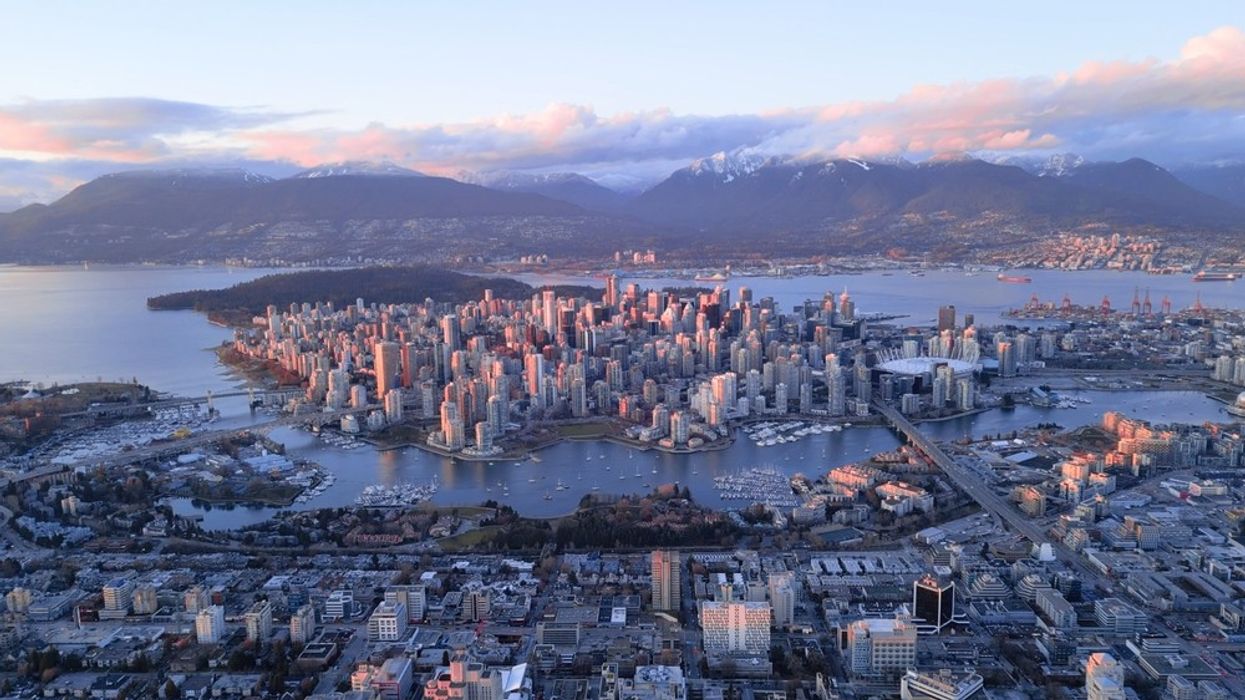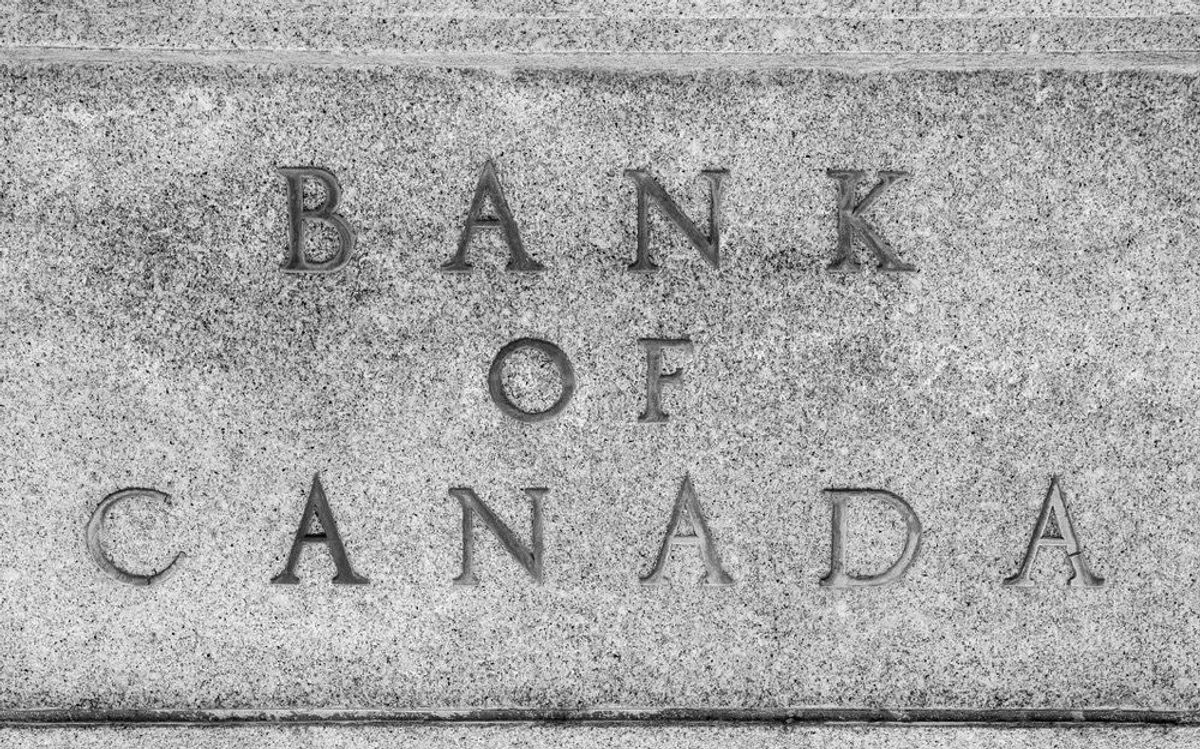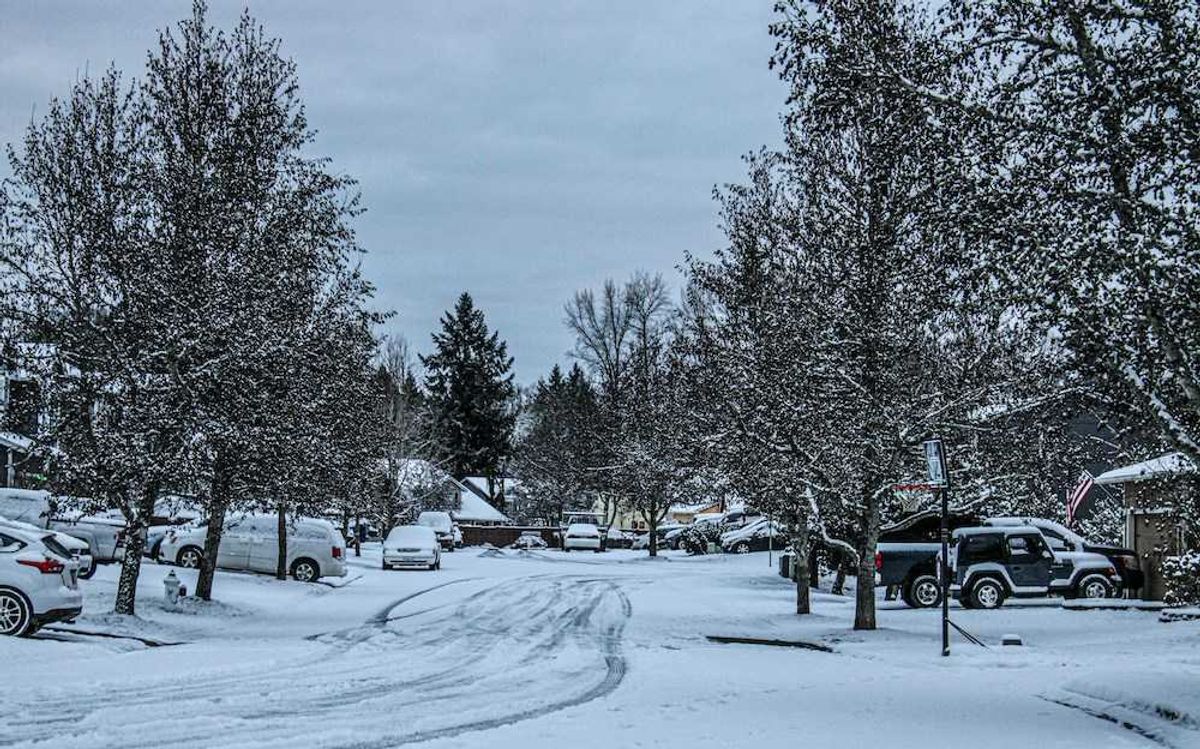As far as year-ahead predictions go, industry observers say not much will change from this year to next in the Vancouver housing market, despite interest rate drops.
Realtor and investor Bryan Yan, who has a solid record of market forecasts, said the prime rate must drop to below 5% for price escalations between five and 10%. Right now, at 5.45%, it’s not enough to shift the market into a higher gear, and so he expects a buyers' market to continue.
“Most places are selling at or below assessment, about 5% below assessed value right now,” said Yan. “So, if your listing agent sells above assessment, you should buy them lunch, because that’s not happening.”
What is happening is the fear-of-missing-out buyer (FOMO) that fuelled the pandemic years has been replaced by a buyer more willing to throw money around. Yan is also seeing a trend play out, which is an increase in listings for estate sales by executors. Now flush with cash, these estate beneficiaries are usually willing to pay more for a property because they didn’t earn the money.
“The age of the FOMO buyers is gone, and YOLO [you only live once] buyers remain. In the last three years, the FOMO buyers have been burdened with high interest rates and payments. But right now, the inheritance-based real estate market is taking off. In the next two to three years, it’s estimated [by Chartered Professional Accountants Canada] that around $1 trillion will pass to the heirs as inheritance in Canada. You see that now with a lot of sales. It’s started,” said Yan. “So, we are in an inheritance-based real estate market. And not just by death, but by parents giving their kids an early inheritance, with a warm hand instead of a cold hand.
“So, these guys say, ‘Why not buy? I got the money through my inheritance.’”
The Royal LePage annual Market Survey Forecast is also expecting a tepid year for Vancouver, with home price increases of 4% for the region, while forecasting gains of 5% for Toronto and 6.5% for Montreal. Calgary, Ottawa and Winnipeg are also expected to see modest 4% gains, according to the report.
“Over the past several months, supply has been building in the Toronto and Vancouver real estate markets as sellers responded to early interest rate cuts by listing their homes. However, with home prices in these cities remaining high, many sidelined buyers continued to wait for more favourable borrowing conditions,” Phil Soper, President and CEO at Royal LePage, explained in the report.
“Flat property prices also reduced the urgency often driven by fears of ‘missing out,’ creating a temporary stalemate where inventory lingered, and buyers hesitated to act. By mid-fall, this dynamic began to shift as buyers re-engaged with the market,”
In Greater Vancouver, listings dropped from around 14,000 to 15,000 to approximately 10,000, as sellers removed their homes from the market as the buying season ended, says Randy Ryalls in the report. He’s hoping those homes taken off the market will return by spring. And a lower bond yield and lower fixed interest rate would have a big impact on market conditions, he adds.
“If that bond market weakened a bit, and those longer-term rates could come down another half a point, something like that, it would probably spark buyers to get back into the market,” said Ryalls.
“Buyers are not coming out in big numbers, although we saw a nice jump in October, after that second to last interest rate cut by the Bank of Canada. [Overall] transactional volume in Greater Vancouver took a nice jump, about 30% year over year. November carried on, not to that degree, but still pretty good numbers. We were trending in the right direction.”
The presale market is the hardest hit, and developers are having a tough time, he added. Lowering prices to spur buying activity isn’t as easy as it sounds.
“A lot of people have been fence sitting, but prices are not adjusting down. There are a number of reasons why. Number one is that banks won’t allow it to happen. The developers have to hit their numbers or the project is a no go,” he said.
“Developers have been pumping the brakes quite a bit hoping for better market conditions.”
Developer Hani Lammam, EVP of Cressey Development Group, said that the top-end downtown rental market that aims for rents of $5.50 per foot and higher is “unsustainable based on local incomes.”
“The demand is there, but they simply cannot afford the exorbitant rents being asked in certain circumstances,” said Lammam.
Developer and consultant Michael Geller said there is not one overall market for Vancouver this coming year. Rather, the region will be divided into sub-markets, each with its own unique flavour. Developers will have to respond to diverse sub-markets.
“What applies to East Vancouver may not apply to Burnaby or Richmond,” he said.
Geller said that the experienced players in the development industry will target end-users such as first-time buyers, move-up buyers, and empty-nesters. The investor is no longer the focus of a presale program, he said. The glut of purpose-built rental units coming online, combined with restrictions around foreign buyers and short-term rental platforms has taken the steam out of the investor-driven presale condo market.
And the federal foreign buyer ban, extended to last until 2027, may have had an impact on Vancouver’s pricey luxury market, both rental and ownership.
With price-sensitive demand, Geller said smart developers and architects will get more creative about their designs.
“Consideration should be given to designing projects containing suites that could appeal to those interested in co-purchasing,” he said. “These could include one-bedroom units where the living room can become a separate sleeping room at night and two-bedroom units with two similarly sized ensuite bedrooms.”





















